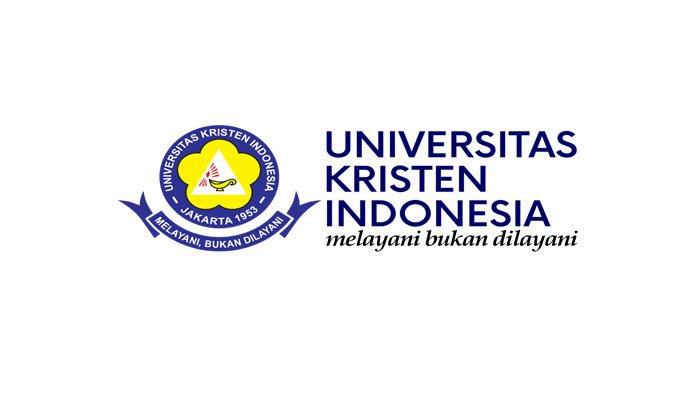Center for Security and Foreign Affairs (CESFAS) from the Faculty of Social and Political Sciences, Universitas Kristen Indonesia (FISIPOL UKI) held a seminar titled “Disruption: Diaspora, Politics, & Diplomatic Sustainability” on Tuesday (3/26).
The event was also supported by the Indonesian Institute of Advanced International Studies (INADIS). The speakers present at this seminar included Leonard Hutabarat (Consul General of the Republic of Indonesia in Toronto 2018-2021), Hamdan Hamedan (Expert Staff of the Ministry of Youth and Sports), Laurens Ikinia (Researcher at the Institute of Pacific Studies), and Audra Jovani (Lecturer in Political Science at FISIPOL UKI).
The aim of the seminar was to build a comprehensive understanding for students and the public about issues related to diaspora. The main topic of the seminar itself was the interconnection between diaspora, politics, and the sustainability of diplomacy, which is an important issue to be considered in this era of disruption. Indonesia’s diaspora, which numbers up to 9 million, may not be as large as other countries’ diasporas. Nevertheless, there are many things that can be maximized from this diaspora group considering that most of them are skilled individuals with special talents.
The speakers presented the situation, opportunities, and challenges of Indonesia’s diaspora in various contexts, including discussing the government’s role in empowering the potential of the diaspora.
Leonard F. Hutabarat highlighted the great potential of Indonesia’s diaspora in diplomacy and emphasized the importance of building the right strategy to harness this potential. Hamdan Hamedan, who has extensive experience in managing diaspora talents, especially in football players, gave real examples of the diaspora’s contributions to Indonesia, such as their role in advocating issues to their home country and influencing policies in their host countries.
Hamdan also presented data on the number and distribution of Indonesia’s diaspora around the world, reaching 9 million people. According to Hamdan, accurate data collection and strategic utilization of this data are key to optimizing the diaspora’s potential. Hamdan himself has a database of diaspora talents in the sports sector, in line with his tasks at the Ministry of Youth and Sports, and is currently developing data management of diaspora talents in other sectors.
One of the highlights of the question and answer session was the technical obstacles faced by Indonesia’s diaspora, including in the 2024 election. The speakers emphasized the importance of synergy among stakeholders in empowering Indonesia’s diaspora. “We all agree to be a new force for Indonesia, Indonesia’s diaspora must have a significant and positive impact.
We can take South Korea and India as examples whose diasporas have achieved success. Therefore, Indonesia is expected to nurture its diaspora towards a golden generation capable of achieving excellence,” quoted Director of CESFAS, Darynaufal Mulyaman, in closing the seminar.
Link: https://www.utamanews.com/sosial-budaya/UKI-Bahas-Isu-Diaspora-dan-Keberlanjutan-Diplomasi
